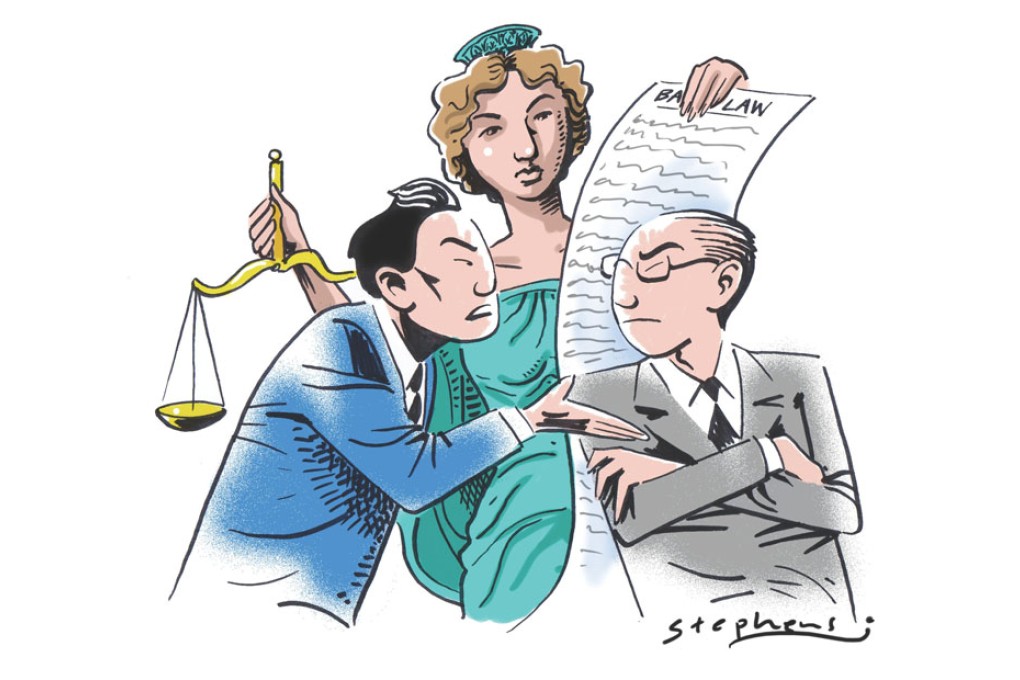Hong Kong must accept basic realities to achieve universal suffrage in 2017
Carrie Lam says without an acceptance of the political realities and a return to the legal framework of the Basic Law, universal suffrage for the chief executive election in 2017 may well remain an unfulfilled dream

We are now halfway through the five-month consultation on constitutional development. The three members of the task force have pressed on with gathering the views of different sectors. In the feedback received so far, a number of commonly held views are notable.
First, it is the common aspiration of Hong Kong people to see the timely implementation of universal suffrage in the election of the chief executive through "one person, one vote" in 2017. Nobody wants a stalemate in constitutional development.
Second, subscribing to the rule of law as a core value of Hong Kong, the public generally agrees that constitutional development must proceed in accordance with the Basic Law and the relevant interpretation and decisions of the National People's Congress Standing Committee.
Third, many people agree that the chief executive must be someone who loves both our country and Hong Kong. The requirements of the Basic Law make this clear, to ensure that the person will faithfully exercise the constitutional powers and discharge the duties associated with this important position.
Fourth, given the Basic Law's stipulation that the chief executive shall be selected by universal suffrage upon nomination by a nominating committee in accordance with democratic procedures, the community should conduct serious discussions about the composition of this committee, the nominating procedures, the number of candidates to be nominated, and so on.
At present, the major difference in public opinion lies in the nominating procedures. Quite a number of people consider that candidates should be nominated solely by the nominating committee as required by the Basic Law. Some bodies, however, have suggested alternative proposals such as "civic nomination", "nomination by political parties" and "three-track nomination". There are also views suggesting there should be no "screening", but without clearly defining or explaining what "screening" means. The views of political parties and political organisations at this time are rather polarised. Many are reiterations of their stance or slogan-type statements, lacking substantive supporting arguments or giving little consideration to the principles and provisions relating to the political structure as stipulated in the Basic Law.
I am genuinely concerned that if people retain their own stance, refusing to return to the legal framework of the Basic Law or accept the political reality, universal suffrage for the 2017 election will become nothing but a castle in the air. And once again, our democratic process will reach an impasse.